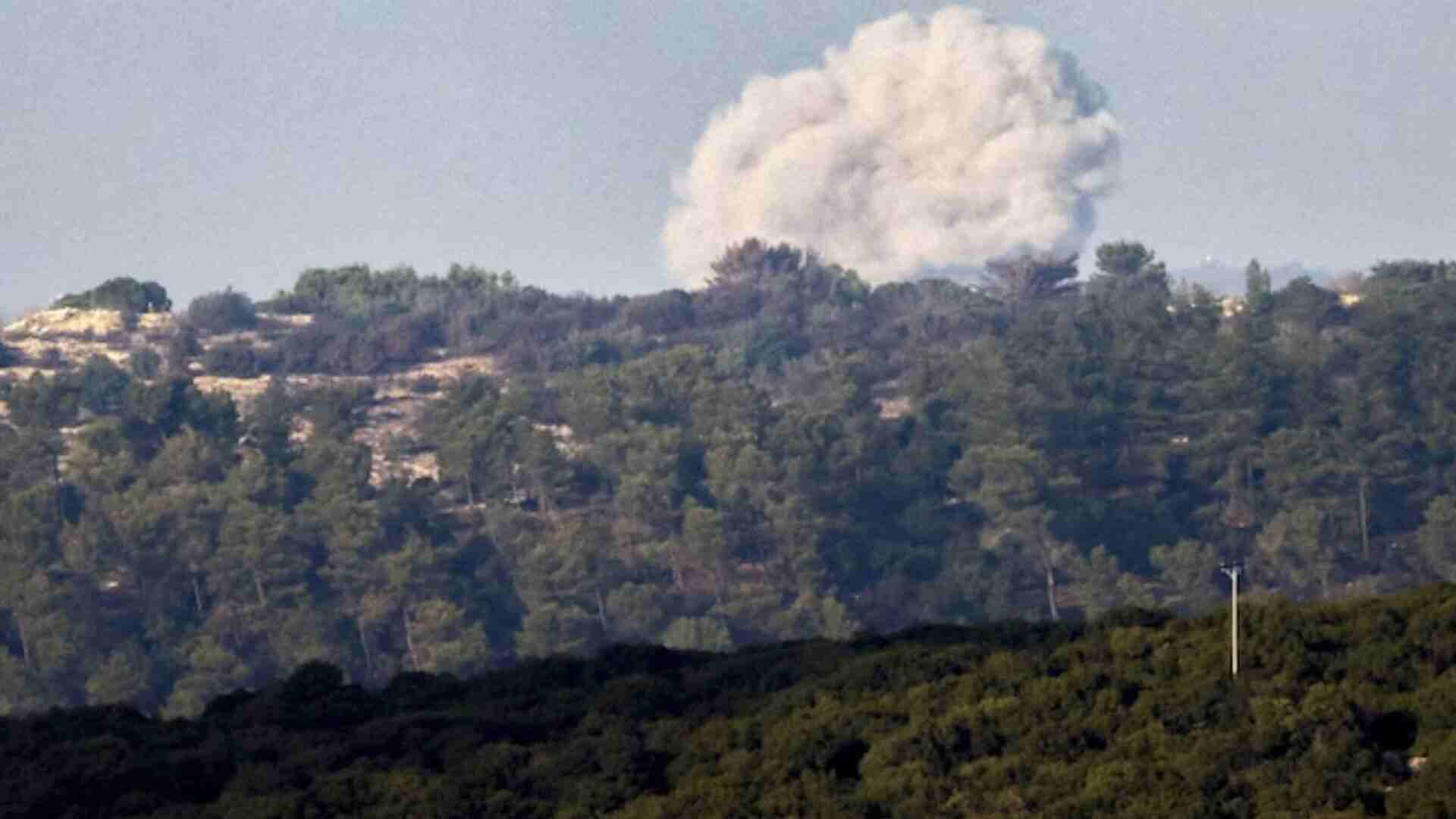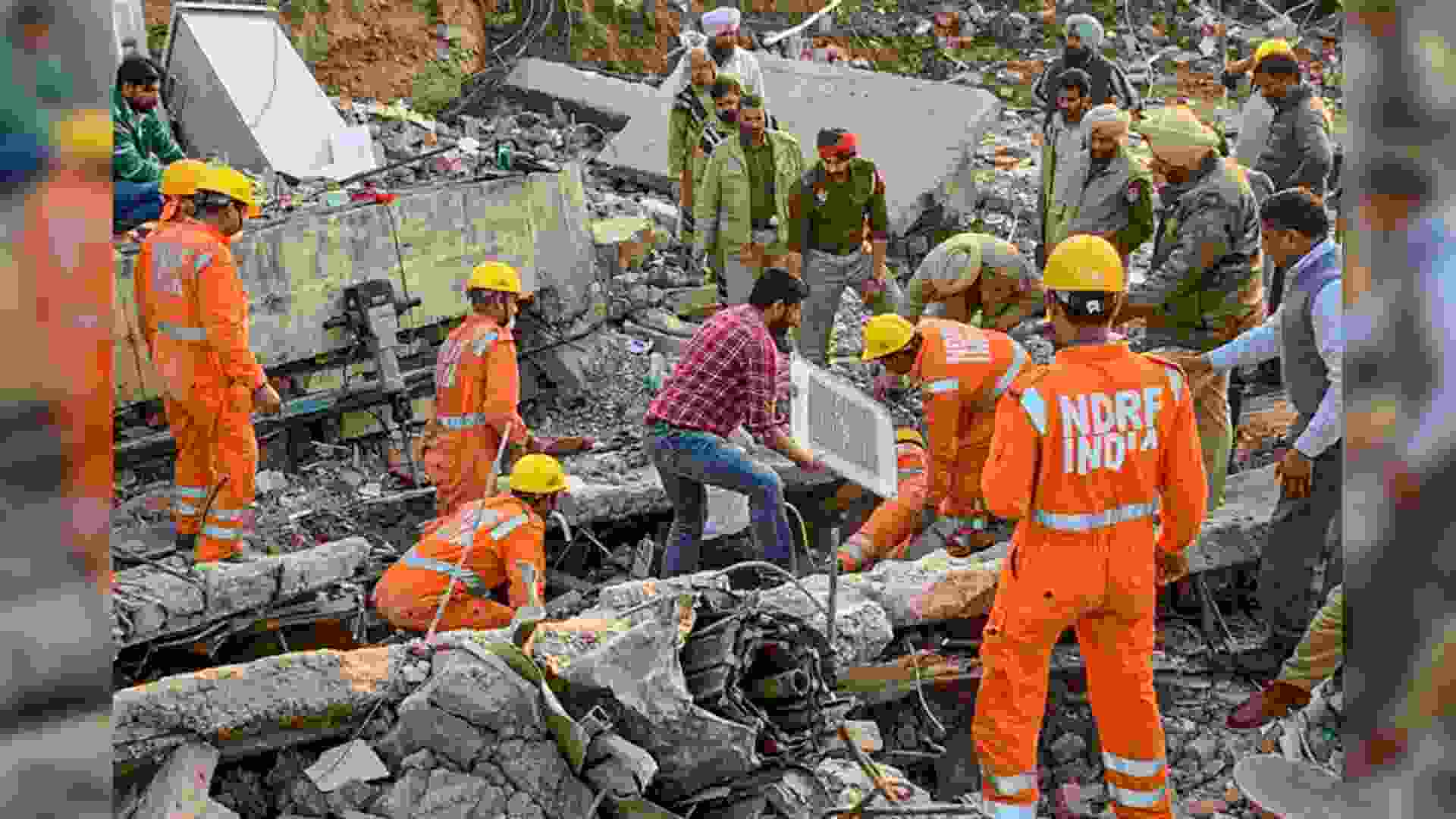Joseph Jarjour, a 68-year-old retired teacher from the Christian village of Rmeish in southern Lebanon, had hoped for a peaceful retirement. Instead, he now finds himself trapped in the ongoing conflict between Israel and Hezbollah. His village, located just two kilometers from the Israeli border, has been caught in the crossfire, with Israeli airstrikes targeting Hezbollah positions and Hezbollah retaliating. “We’re trapped,” Jarjour said, explaining how the violence surrounds them as Israeli bombs and Hezbollah rockets fly overhead.
Though Rmeish has largely been spared from the worst of the attacks, the situation remains dire. Roads are unsafe, making it difficult for residents like Jarjour to escape to Beirut. Many in the village, including Jarjour, wish to remain neutral and stay in their homes. “We don’t have any weapons. We’ve never liked war,” he said.
Milad al-Alam, the mayor of Rmeish, noted that most of the 6,000 residents have stayed in the village despite the escalating violence. However, the conflict has disrupted daily life, with damaged homes and a shortage of fresh vegetables. The village has also become a refuge for hundreds of displaced people, further straining resources.
Hezbollah and Israel have been exchanging fire since late last year, and the situation has worsened following Hezbollah’s support for Hamas in the ongoing conflict with Israel. While some of the Shiite-majority areas have been heavily bombarded, Christian-majority villages like Rmeish have largely been spared. Despite this, life in Rmeish has come to a standstill.
The Israeli military recently warned southern Lebanon residents to evacuate, but many, like those in the nearby village of Qlayaa, have chosen to stay. Priest Pierre al-Rai explained that residents remain in their homes out of a deep connection to their land, saying, “We’re believers bound to our land.” However, with limited access to fuel, medicine, and essential services, the situation is increasingly desperate.
In the village of Qlayaa, a mother of four, Pauline Matta, expressed her fear and frustration, saying, “They imposed this war on us. We have nothing to do with it. Why would we leave?” Despite the terrifying conditions, Matta, like many others, is determined to stay in her home, unable to imagine surviving elsewhere on her husband’s modest salary.







